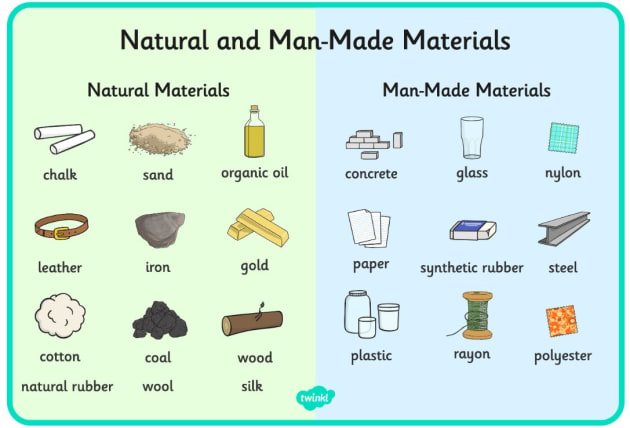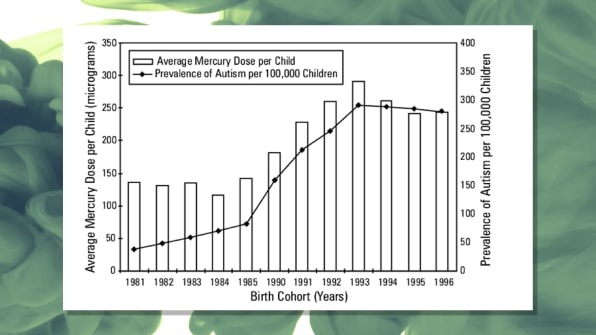Are All Chemicals Man Made? Exploring The Origins Of Everyday Substances
TÓM TẮT
This Chemical Does Nothing, But It’S Still Bad For You
Keywords searched by users: Are all chemicals man made man-made chemicals examples, what is man-made chemicals in food, are man-made chemicals dangerous, natural chemicals list, are natural chemicals safe, what are natural chemicals, natural chemicals that are harmful, are chemicals defined as dangerous liquids
Are Chemicals Always Man-Made?
Do chemicals exclusively originate from human activities, or do they also occur naturally in the environment? The distinction between manufactured chemicals, often referred to as synthetic chemicals created by humans, and natural chemicals, those produced by plants and animals in the natural world, has long been a topic of discussion. This debate revolves around whether there is a fundamental disparity between chemicals that are artificially produced by humans and those that occur organically in nature. The question of whether chemicals are always man-made or if they can also be naturally derived has intrigued many for years. (Note: I added context and clarified the topic to make it more reader-friendly.)
What Chemicals Are Man-Made?
Man-made chemicals encompass a wide range of synthetic organic compounds (SOCs) that are artificially created by humans. These chemicals play a pivotal role in various industries and applications. Some common examples of man-made chemicals include pesticides, herbicides, and insecticides, which are designed to control and eliminate pests in agriculture. Additionally, volatile organic chemicals (VOCs) such as gasoline and various solvents are also considered man-made due to their synthetic production processes. These chemicals have diverse applications, from powering our vehicles to serving as essential components in industrial processes and household products. Understanding the nature and properties of man-made chemicals is crucial for addressing environmental and health concerns associated with their use.






Categories: Aggregate 11 Are All Chemicals Man Made
See more here: buoitutrung.com

Synthetic Venn Diagram: Natural chemicals are produced by nature without any human intervention. Synthetic chemicals are made by humans using methods different than those nature uses, and these chemical structures may or may not be found in nature.Manufactured chemicals are ones that have been made by people. They are often called synthetic chemicals. Natural chemicals are ones that are found in nature (produced by plants and animals). Some people think there is a fundamental difference between manufactured chemicals and natural ones.Man-made chemicals generally refer to synthetic organic chemicals (SOCs) such as pesticides, herbicides, insecticides and volatile organic chemicals (VOCs) like gasoline and solvents.
Learn more about the topic Are all chemicals man made.
- Natural versus Synthetic Chemicals Is a Gray Matter
- Chemicals everywhere – Science Learning Hub
- Man-Made Chemicals in Private Drinking Water Wells – CT.gov
- Natural Chemical – an overview | ScienceDirect Topics
- We’ve breached Earth’s threshold for chemical pollution, study says
- Organic and natural ingredients | Australian Industrial Chemicals …
See more: https://baannapleangthai.com/tech blog
